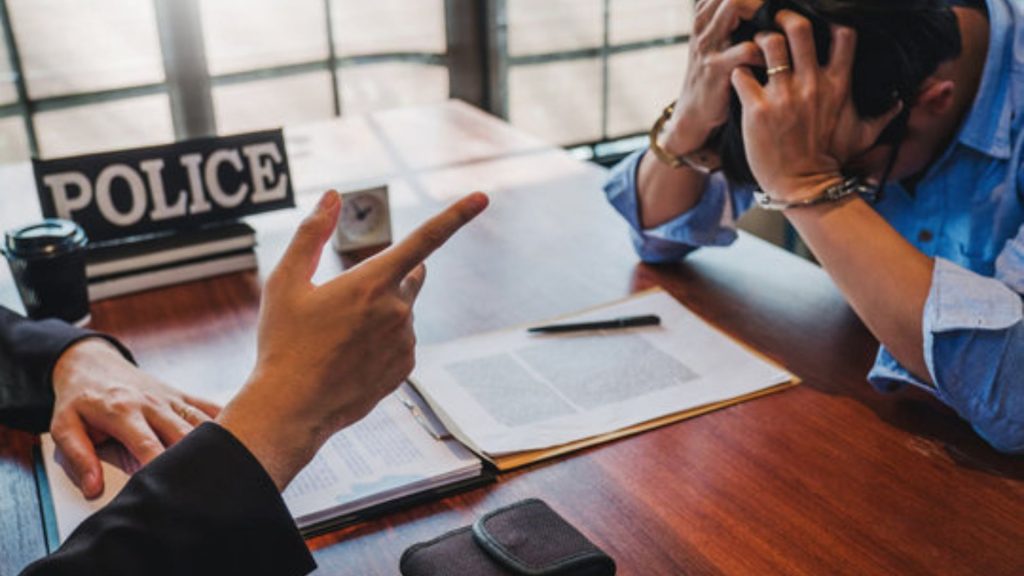Closing the interview. Pleasantries should be exchanged after the interview, and the witness should be thanked for the information supplied. If further information becomes available or is remembered, the interviewer should be given contact information. This opens the possibility for future communication if the witness wants to add or amend anything. The objective is to obtain the most precise data possible. An interview isn’t meant to be a test of recall.
Closing The Interview
The witness should be reassured that competent management professionals will determine the best approach to handle the issue and that the witness’s perspective is valuable and will be considered. The witness should be told that the results of the investigation remain confidential and that the specific corrective actions may not be communicated to the witness. The interview does not need to have covered all the facts, events, and conduct.
The interviewer should display appreciation for the witness’s cooperation. Even though the witness may have been uncooperative, the interviewer should avoid ending the interview on a hostile note. Cases have been resolved as the result of an individual contacting the investigator again with information that was not previously revealed. The best closing strategy besides general conversation would be asking the interviewee if there is anything he or she would like to add and, if necessary, may he or she be called on again.
Organizing The Interview Closing Statement
The preparation for a well-organized statement begins as the interviewer plans for the interview as part of effective interview techniques. The interviewer should determine what evidence is required to prove the criminal act or policy violation. The elements of the crime in a theft investigation are the intent to permanently deprive the company of its asset and the establishment that the asset was owned by the organization. By definition, using the word “steal” implies the intent to permanently deprive the owner of his property.
The format and ultimate content of a final statement can be the same regardless of the type of statement chosen by an organization. However, there may be times when the associate’s writing is unclear. In these cases, the interviewer may find it helpful to write five or six specific questions that clearly establish the elements of the crime or policy violation, and then ask the associate to write his responses after each question.
The interviewer may also find it beneficial to obtain a statement from the witness who attended the interview. The witness is asked to write a detailed summary of what happened during the interview, including a description of the demeanor of both the interviewer and the employee. The witness can also initial and sign the interviewer’s notes to attest to their accuracy and completeness, just as the employee did. This additional statement will document what happened during the interview and serve as a source of reference for the witness if he is called to testify.
Final Thoughts
The statement is the final component of the development of the admission in terms of the structure of our interview and interrogation techniques, reducing the confession to a permanent form. The interviewer will frequently have taken contemporaneous notes of the subject’s admissions and the details surrounding them. These notes can be transcribed into the written report and then destroyed, kept as part of the case file, or used as evidence against the subject.



